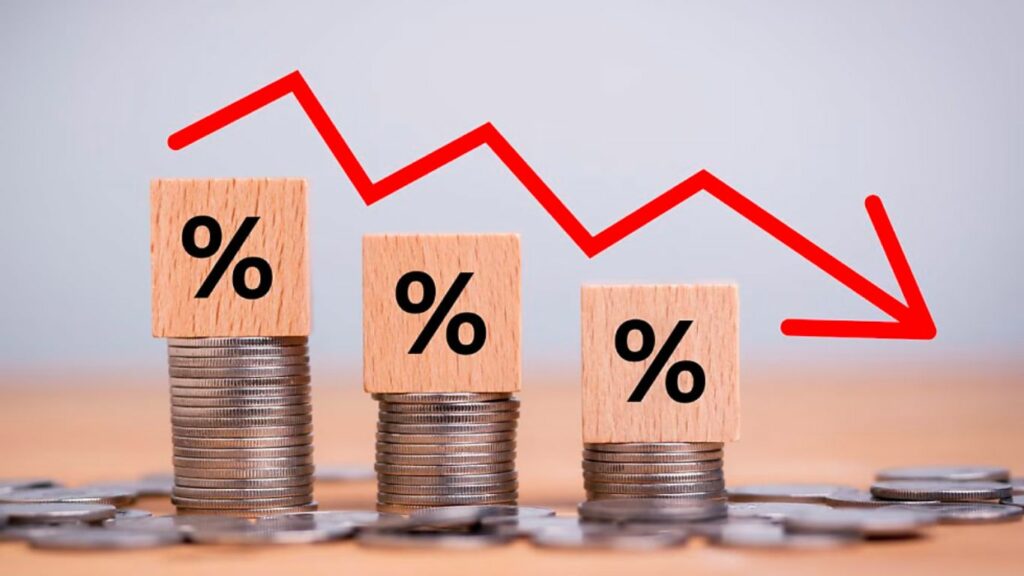The latest data from the Australian Bureau of Statistics (ABS) reveals that inflation has taken a noteworthy step back, marking its lowest annual figure since February. In July, monthly inflation slowed to 4.9 percent for the 12-month period, driven largely by significant decreases in the cost of petrol and fruit and vegetables. ABS’s Head of Prices Statistics, Michelle Marquardt, reported these findings, underlining the continuing trend of inflation easing from its peak of 8.4 percent last December and 5.4 percent in June.
The Factors Behind the Slowdown
Contributing to the deceleration in the inflation rate for July were noticeable price drops in two key areas:
- Automotive Fuel: Prices for automotive fuel recorded a substantial decrease of 7.6 percent.
- Fruit and Vegetables: The cost of fruit and vegetables also decreased by 5.4 percent.
Despite these declines, certain sectors experienced notable increases. Housing costs rose by 7.3 percent, while food and non-alcoholic beverages saw a 5.6 percent uptick.
Understanding the Data
Marquardt pointed out that CPI (Consumer Price Index) inflation is often influenced by items with volatile price changes, such as automotive fuel, fruit and vegetables, and holiday travel. To get a clearer view of underlying inflation, it can be useful to exclude these items from the headline CPI indicator. Excluding volatile items, the decline in annual inflation was more modest at 5.8 percent in July, compared to 6.1 percent in June.
Housing prices, although still increasing, showed a slight slowdown, rising to 7.3 percent from 7.4 percent in June. New dwelling prices increased by 5.9 percent, marking the slowest annual rise since October 2021. However, the rental market remained tight, with rent increasing to 7.6 percent in July, up from 7.3 percent in June.
Electricity prices also saw a significant increase of 6.0 percent in July, resulting in an annual rise of 15.7 percent. It’s worth noting that this figure includes the impact of rebates, with the Energy Bill Relief Fund providing eligible households with rebates ranging from $43.75 to $250 in July. Excluding the impact of these rebates, electricity prices would have recorded a monthly increase of 19.2 percent, according to Marquardt.
Food and Beverage Trends
Food and non-alcoholic beverages increased by 5.6 percent in the 12 months leading up to July, down from the 7.0 percent annual increase in June. This represents the lowest annual increase since May 2022. Marquardt noted that food inflation continues to ease across most categories, with fruit and vegetable prices falling by 5.4 percent compared to the previous year, thanks to favorable growing conditions leading to increased supply.
CreditorWatch’s Chief Economist, Anneke Thompson, observed that the steady price increases in dining out and takeaway food reflect the necessity for business owners to pass on higher utility and rent costs to their patrons. Thompson also noted that while Australian consumers, especially those aged 65 and over, continue to dine out at restaurants and cafes, the food and beverage sector may face challenges due to diminishing savings rates and ongoing high-interest rates.
The latest inflation figures present a mixed picture of the Australian economy, with some sectors experiencing price declines while others face upward pressure on costs. As consumers and businesses continue to adapt to these economic fluctuations, staying informed and monitoring trends will be crucial for financial planning and decision-making.
The recent dip in inflation is a significant development, one that affects both consumers and businesses. To make the most of this economic climate, consider these actions:
- Review Your Finances: With inflation easing, it’s an excellent time to assess your financial goals and investments. Are there opportunities to optimize your portfolio or reduce high-interest debt?
- Explore Investment Opportunities: As some sectors experience price declines, keep an eye out for potential investment opportunities. Conduct thorough research and consult with financial experts if needed.
- Budget Wisely: Lower inflation can mean less pressure on your day-to-day expenses. Take this chance to revise your budget, save more, or consider investing in your future.
- Stay Informed: Economic conditions can change rapidly. Regularly follow financial news and expert analyses to stay informed about the evolving economic landscape.
- Seek Professional Advice: If you’re unsure about how these changes may affect your financial situation, consult a financial advisor. They can provide tailored guidance based on your specific circumstances.
In a shifting economic environment, informed decisions today can lead to a more secure financial future. Call us at 1300 952 268 and Don’t miss out on the opportunities presented by these changing inflation rates – take action now.

